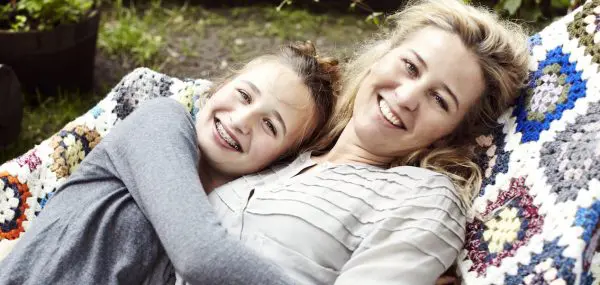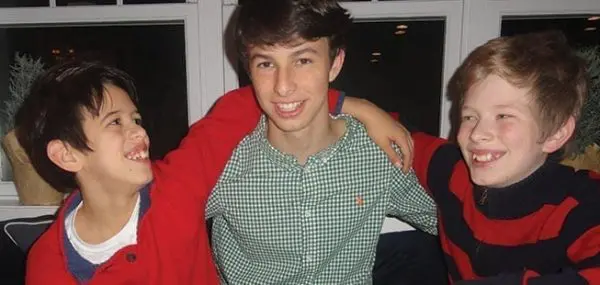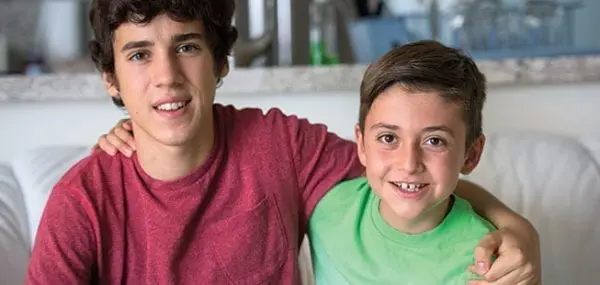What happens when a teen feels one way about a particular issue or problem and the parent has a very different take? At Your Teen, we understand that sometimes you need to look at a problem from multiple perspectives. It can also be helpful to hear from a neutral third party. That’s when we bring in a parenting expert to provide the practical advice you need to bridge the divide and help restore harmony. Here, an older sibling shares her feelings about her role, and her mother disagrees. Our expert steps in to find common ground.

When a Teen Wants a Say in How a Younger Sibling is Raised
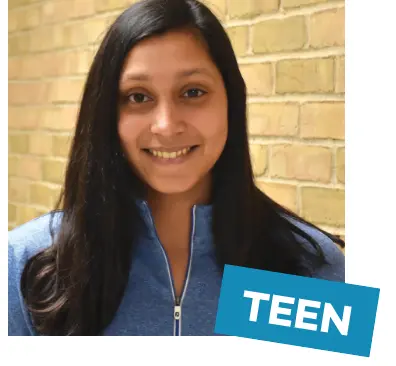
My mother, who cooks for her, buys her clothes, and frowns at her poor test grades. My father, who picks up her library books, drives her around, and teaches her about stocks.
And then me, her older sibling, who does everything else.
My parents both work outside the home; one is a medical professional and the other works a 9-to-5 job so rigorous that it really equates to 7-to-7. And so, they delegate. Deeya, can you check her math homework? Deeya, can you help her pick out a swimsuit? Deeya, for the love of god, kill that spider so she stops shrieking like a maniac! And so on and so on, until it turns out that as much time as they have spent with her, I have undoubtedly spent more. I know her fears, her desires, her faults.
My parents have no issue with this. It’s a win-win type of situation.
That is, until I want a vote in decisions being made.
Last month, my parents were considering switching my sister to a college preparatory school. I heard about this through casual dinner conversation, my mother mentioning briefly that she was signed up to take the entrance exam and that results would come by the middle of next year. I was aghast; a decision about my sister’s future was being made without me, the older sibling? Didn’t I deserve a say?
Then there were the decisions about her first sleepover and her first overnight camp. My parents never allowed me to do such things. What if something happened to my sister? Wasn’t this a matter of family discussion?
I have fangirled with this kid over fictional characters. Held her hair back while she threw up in our Jack-and-Jill bathroom. Coaxed her through her first period.
Not to mention that I love her. Sort of. Is this not enough to be allowed a say?
Deeya Prakash is a junior at Sycamore High School in Cincinnati, Ohio. She is an avid reader, writer, artist, golfer, and Graeter’s-ice-cream-consumer, and she can either be found sinking putts at the golf course, hanging out with her friends at the park, or cramming for chemistry at her desk. She hopes to pursue writing as a career.
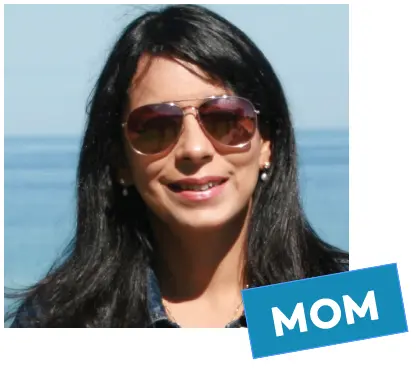
I was slightly hurt. How could Suhani find solace in her 7-year-old sister instead of her loving mother?
This was a question that I probably already knew the answer to. As soon as I brought my youngest daughter home from the hospital, Deeya was lugging the diaper bag behind me, insisting on being the first to feed the baby. As she grew, Deeya sat by her crib and read her stories, taught her the ABCs, and became the cutest little mother I had ever seen. And just as my youngest came to expect this dynamic, so did I.
I started to delegate to her and rely on Deeya to do the work that I did not have time to do. I was a busy mom with a full-time job, and had Deeya not been such a good role model, I probably would not have had time to sleep.
But, as maternal as she has acted towards her sister, there are some things a mother just knows. Senses. Understands.
A 16-year-old sibling just doesn’t have my touch.
My 43-year-old experience carries much more weight than the maturity of my oldest daughter. I have already watched her grow, and I now have a full arsenal of skills to pull from for my next child. Deeya doesn’t have that, regardless of how many hours she has logged and how many memories she has been the star of.
So when I do make major decisions regarding my younger daughter’s future, I agree that my older daughter may have a say. But it is not necessary. She is not someone who I need to run ideas by. Regardless of how mature she may seem, she is still a child. My child.
Deeya has definitely earned a vote in matters pertaining to her sister’s upbringing. She knows her sister like her own daughter.
But I have something more valuable. As cliché as it sounds, I have motherly instinct and experience, which sometimes does not need any other input.
So though Deeya may think that Suhani has three parents, she only has one mother.
Nandita Malik is a finance manager at US Bank in Cincinnati, Ohio. She was born in India and moved to the US in her twenties, where both of her daughters were born. Along with her family, she enjoys traveling and discovering new places and cultures. She also loves cooking and is always on the lookout for a healthy new recipe to try out at home.
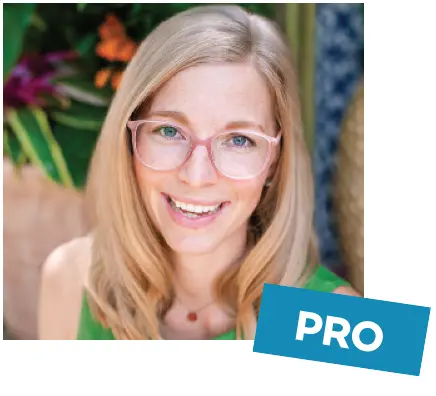
It might be a perfect time to sit down as a family and openly discuss the important role that each family member plays.
What does it mean to be a parent? A child? A sibling? What do each of these roles look like, sound like, feel like? What are the responsibilities that fall under each role? And what are the limits or boundaries of each role? How and where do the roles overlap?
Perhaps this is a conversation had over a meal, or perhaps you all get out writing utensils and paper and use drawing or writing to express how you each view your unique role in the family. Take this idea in a direction that feels natural and engaging to your family.
In this process, Deeya, you may discover that you play a crucial support role with your sister, and you may discover your role does, in fact, look different from your parents’ roles. Likewise, Nandita, you may find deep gratitude for the ways Deeya has shown up for Suhani and the family, and you may name some boundaries surrounding tasks or responsibilities that you believe are primarily for parents.
All of the feelings and discoveries in this process are valid. Keep this in mind as you all talk and work together. Additionally, while discussing family roles, you all may find that you are not yet on the same page, and that’s okay.

This conversation is a next step towards creating agreements and understandings within the family. That said, agreements and understandings are a dynamic, ongoing process. I invite you to be gentle with yourselves and open to listening and learning from one another through the process. I can’t wait to hear about the ways you all collaborate on this solution!
Courtney Harris is a life coach for teens and parents, supporting tweens, teens, and young adults in finding their voice and growing confidence. She supports parents in practicing self-care, maintaining personal growth, and developing balanced sensitivity towards their rapidly changing child. Sessions with Courtney lovingly guide families in overcoming isolation as they develop trust, communication, and connection. Find her at courtneyharriscoaching.com.

